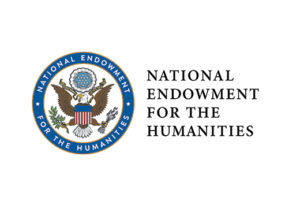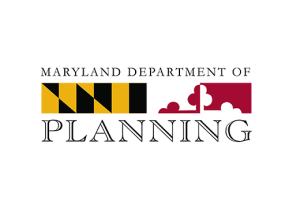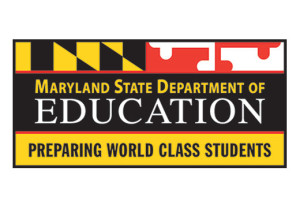At Maryland Humanities, we’re passionate about making the humanities part of our daily lives.
What connects us as people?
The role of Maryland Humanities is to inspire learning and promote dialogue about our heritage, culture, and future as Marylanders. While the humanities have the power to impact all of us collectively, the rewards of engaging with literature, history, philosophy, and social sciences are also deeply personal.
That’s what keeps people coming back to Maryland Humanities day after day and year after year. Your support is everything—the programs you participate in, the events you attend across the state, the radio broadcasts you listen to, and the stories you explore on this website. For appreciating what we do, for working toward stronger communities and a better state, and for your unwavering support, we are extremely grateful.
Our Mission, Vision and Values
A Brief History on the Occasion of Our 45th Anniversary
At the invitation of the National Endowment for the Humanities (NEH), Maryland Humanities began our existence in late 1973 as the Maryland Committee for the Humanities and Public Policy. The Committee incorporated in 1977 and our name was changed to the Maryland Humanities Council in 1983. In 2016, we dropped “Council” from our name.
In January 1974, we received our first federal grant funds from NEH. For the next twenty years, we were almost exclusively a grant-making organization, one of the few in the state providing vitally important support for public humanities programs. We also sponsored a biennial humanities conference.
Beginning in early 1990s, we increasingly conducted our own public humanities programs while still awarding grants to support the programming efforts of Maryland organizations. In 1995, we launched our longest continuously running program, Chautauqua, in Garrett County. In 1999, we became the producers of Maryland History Day, the local affiliate of National History Day, which has grown to become our largest program.
In 2003—to complement our public funding received from both NEH and the State of Maryland—we began to aggressively seek foundation, corporate, and individual support so that our programs and reach could grow. With the launch of a special two-year initiative, Dr. Martin Luther King, Jr.: Remembrance and Reconciliation in 2007, private support grew tremendously. In addition, we became the Maryland Center for the Book in March of 2006—a Library of Congress designation—and created the Center’s flagship program, One Maryland One Book, in 2007.
In 2014, Maryland Humanities reaffirmed our commitment to education and adopted our current mission.
Since our modest beginnings, we have grown into an organization with one dozen programs directly serving 82,140 people in 2017 and reaching an additional 1,165,184 through grant-supported projects, festivals, digital engagement, and our partnerships with Maryland Public Television and WYPR.
Through new programs and partnerships, we continue to expand our reach, serve a broader and more proportionally representative cross-section of the Maryland population, increase our presence throughout the state, and quantitatively demonstrate the impact of our work. Join us!
Today, Maryland Humanities is generously supported by the National Endowment for the Humanities, the State of Maryland, private foundations, corporations, small businesses, and individual donors.



By the Numbers
What are the Humanities?
The humanities explore the human experience.
Through the humanities, we think about who we are – our ideas, our histories, our literature, our values – and how we relate to one another. The humanities foster understanding and improve our ability to interact amicably and meaningfully. The humanities include literature, history, philosophy, archaeology, languages, theology, jurisprudence, ethics, art history, architecture, and some disciplines of the social sciences.
